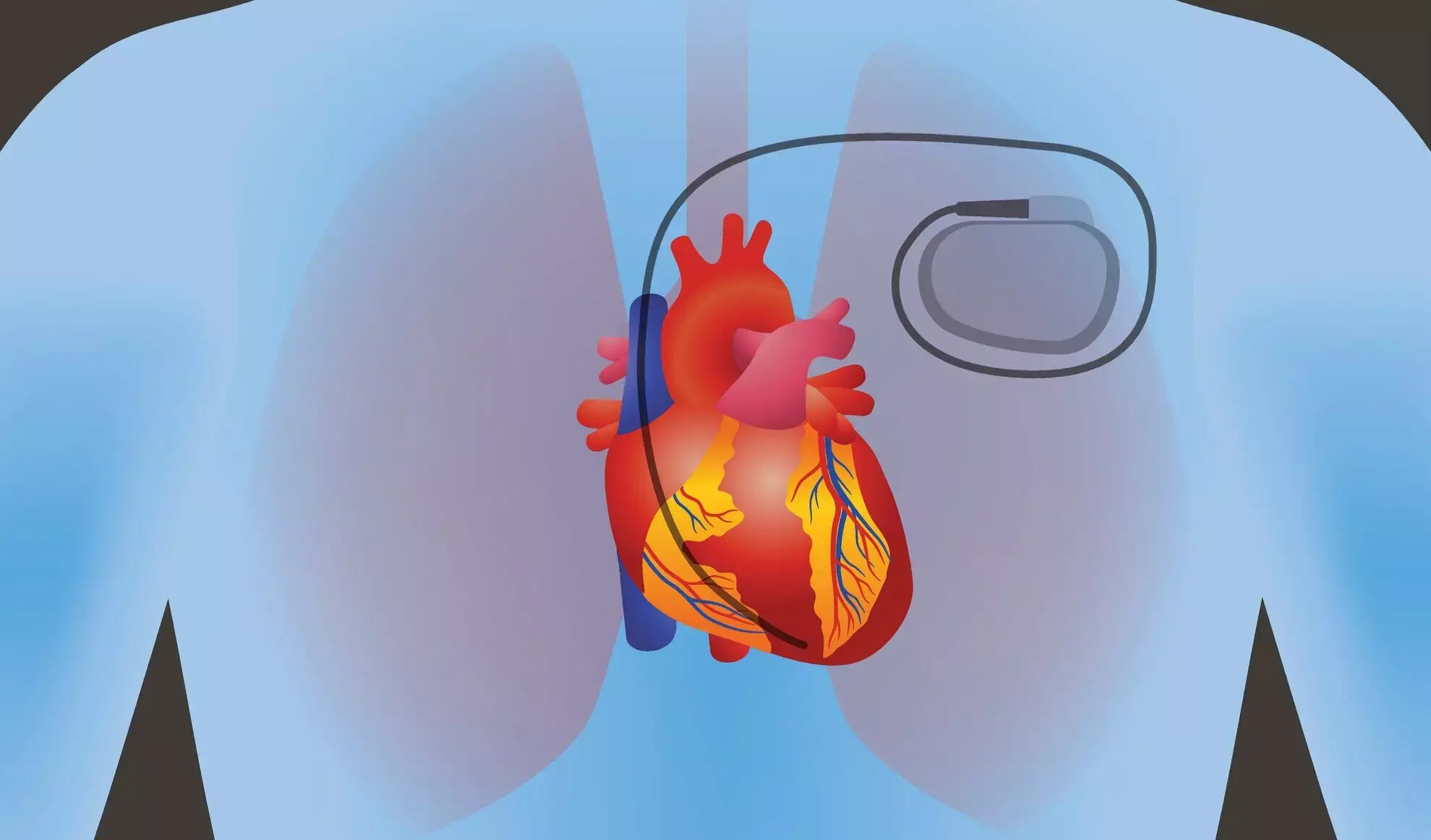- Home
- Medical news & Guidelines
- Anesthesiology
- Cardiology and CTVS
- Critical Care
- Dentistry
- Dermatology
- Diabetes and Endocrinology
- ENT
- Gastroenterology
- Medicine
- Nephrology
- Neurology
- Obstretics-Gynaecology
- Oncology
- Ophthalmology
- Orthopaedics
- Pediatrics-Neonatology
- Psychiatry
- Pulmonology
- Radiology
- Surgery
- Urology
- Laboratory Medicine
- Diet
- Nursing
- Paramedical
- Physiotherapy
- Health news
- Fact Check
- Bone Health Fact Check
- Brain Health Fact Check
- Cancer Related Fact Check
- Child Care Fact Check
- Dental and oral health fact check
- Diabetes and metabolic health fact check
- Diet and Nutrition Fact Check
- Eye and ENT Care Fact Check
- Fitness fact check
- Gut health fact check
- Heart health fact check
- Kidney health fact check
- Medical education fact check
- Men's health fact check
- Respiratory fact check
- Skin and hair care fact check
- Vaccine and Immunization fact check
- Women's health fact check
- AYUSH
- State News
- Andaman and Nicobar Islands
- Andhra Pradesh
- Arunachal Pradesh
- Assam
- Bihar
- Chandigarh
- Chattisgarh
- Dadra and Nagar Haveli
- Daman and Diu
- Delhi
- Goa
- Gujarat
- Haryana
- Himachal Pradesh
- Jammu & Kashmir
- Jharkhand
- Karnataka
- Kerala
- Ladakh
- Lakshadweep
- Madhya Pradesh
- Maharashtra
- Manipur
- Meghalaya
- Mizoram
- Nagaland
- Odisha
- Puducherry
- Punjab
- Rajasthan
- Sikkim
- Tamil Nadu
- Telangana
- Tripura
- Uttar Pradesh
- Uttrakhand
- West Bengal
- Medical Education
- Industry
Chlorhexidine gluconate pocket lavage prevents infection during high-risk cardiac implantable electronic procedures

Chlorhexidine gluconate pocket lavage prevents infection during high-risk cardiac implantable electronic procedures suggests a new study published in the Heart Rythm.
Infection is the most dreaded complication of cardiac implantable electronic devices (CIEDs), particularly in patients undergoing high-risk procedures (eg, generator change, device upgrade, lead/pocket revision).
The purpose of this study was to describe the impact of chlorhexidine gluconate (CHG) pocket lavage in high-risk procedures.
Patients from a prospective multicenter registry undergoing high-risk procedures were included. CHG lavage was performed by irrigating the generator pocket with 20 cc of 2% and normal saline (NS). Only NS irrigation was performed in the comparison group. The primary efficacy outcome was CIED-related infection at 12 months. The primary safety outcome was any CHG-associated adverse event. The secondary outcome was CIED infection during long-term follow-up. Propensity score matching (PSM) analysis was performed for the primary efficacy outcome.
A total of 1504 patients were included. At 12-month follow-up, the primary efficacy outcome occurred in 4 of 904 CHG (0.4%) and 14 of 600 NS (2.3%) subjects (log-rank P = .005). On multivariate analysis, use of CHG irrigation remained associated with a lower risk of infection at 1-year follow-up (Cox proportional hazard ratio [HR] 0.138; 95% confidence interval [CI] 0.04–0.45; P = .001). This effect persisted during long-term follow-up. PSM demonstrated a significant reduction in CIED-related infection for the CHG group (0.2% vs 2.5%; Cox proportional HR 0.08; 95% CI 0.01–0.59; P = .014). No adverse events were associated with the use of CHG.
CHG lavage during high-risk procedures was associated with a reduction in CIED-related infections without any adverse events reported.
Reference:
Juan Carlos Diaz, Eric D. Braunstein, Felipe Cañas, Carlos D. Matos, William H. Sauer, Jorge E. Romero. Chlorhexidine gluconate pocket lavage to prevent cardiac implantable electronic device infection in high-risk procedures. Published:August 18, 2023DOI:
https://doi.org/10.1016/j.hrthm.2023.08.015
Keywords:
Chlorhexidine, gluconate, pocket, lavage, prevents, infection, during, high-risk, cardiac, implantable, electronic, procedures, Juan Carlos Diaz, Eric D. Braunstein, Felipe Cañas, Carlos D. Matos, William H. Sauer, Jorge E. Romero, Heart Rythm
Dr. Shravani Dali has completed her BDS from Pravara institute of medical sciences, loni. Following which she extensively worked in the healthcare sector for 2+ years. She has been actively involved in writing blogs in field of health and wellness. Currently she is pursuing her Masters of public health-health administration from Tata institute of social sciences. She can be contacted at editorial@medicaldialogues.in.
Dr Kamal Kant Kohli-MBBS, DTCD- a chest specialist with more than 30 years of practice and a flair for writing clinical articles, Dr Kamal Kant Kohli joined Medical Dialogues as a Chief Editor of Medical News. Besides writing articles, as an editor, he proofreads and verifies all the medical content published on Medical Dialogues including those coming from journals, studies,medical conferences,guidelines etc. Email: drkohli@medicaldialogues.in. Contact no. 011-43720751


